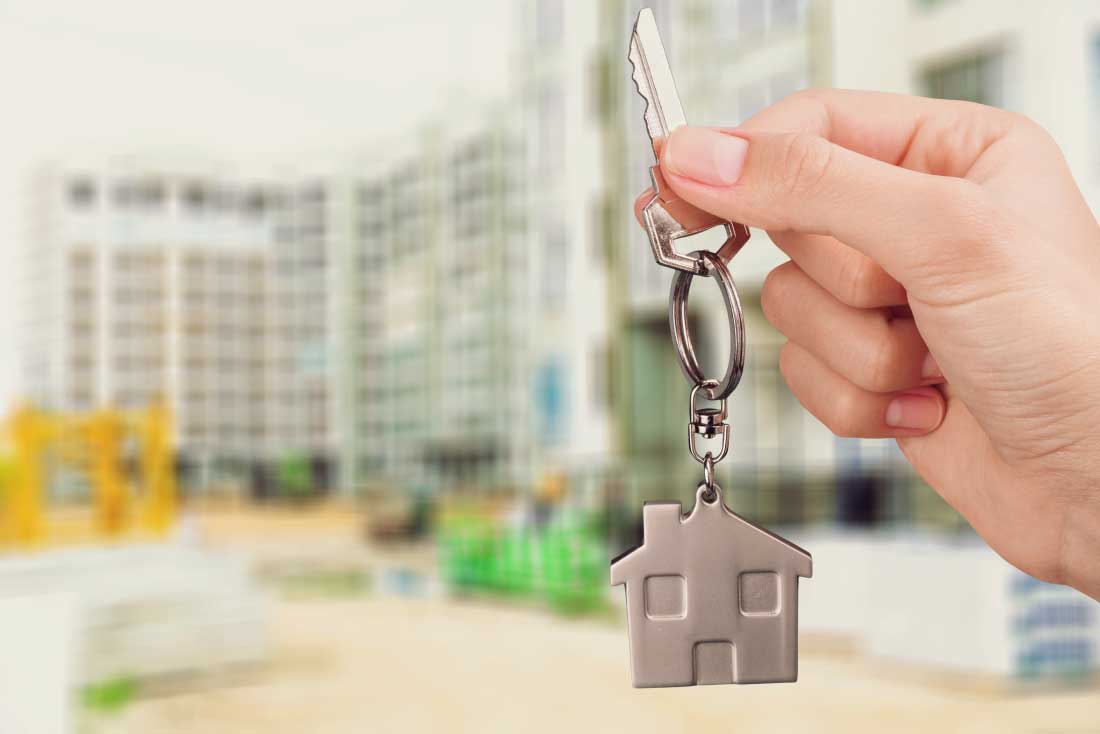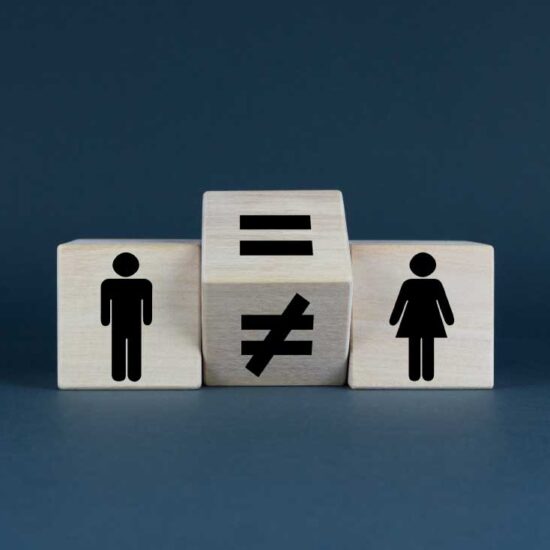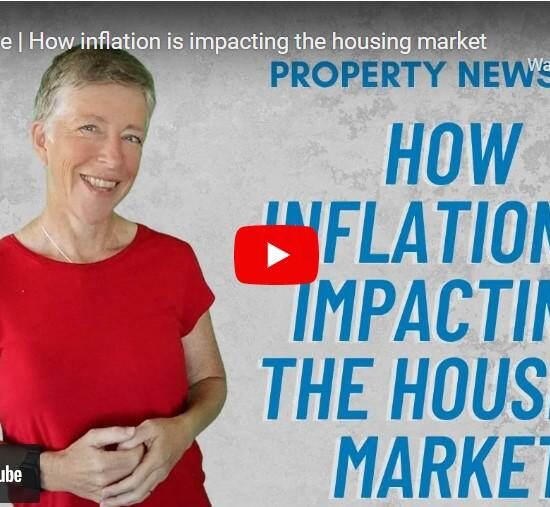
By Kate Hill, Adviseable
If you’ve been thinking about your next investment property, you’re likely considering a house or a unit. A question we receive often at Adviseable is, what are the differences between these two, and is one better than the other?
While it is a fair question, let’s unpack the difference between houses and units and investigate them further. The property you invest in could reflect what is currently available in the market and how much you have budgeted for that particular investment. However, don’t forget that the main idea of investing is getting the right amount of return for your dollar.
What makes a unit a good investment property?
Units are often an excellent choice for people just starting to invest in property. They are usually cheaper than freestanding homes, and they are easier to maintain. Here are some key points that could make a unit your ideal investment:
- Affordability – Units are cheaper to buy. When you examine the median unit price in most capital cities, they are noticeably less than other properties.
- Reduced Maintenance – Properties with less maintenance are ideal for many renters, making them an attractive option.
- Higher Rental Yield – The rents that units attract are significantly higher than what you may receive for a house based on how much you are required to invest (when calculated as a percentage).
- Prime Location – Units are commonly located in sought after locations (CBDs, tourist areas, etc.). You’ll note that units are usually in an excellent location for services, such as public transport and entertainment options.
If you only look at the positives, then units seem perfect, right? However, there are some downsides to buying a unit for investment purposes.
What are the cons of investing in a unit?
Units often come with strata scheme obligations. This can mean that you are not in complete control of maintenance schedules or any renovations to the unit. In a strata scheme, you usually have one vote for each unit you own in a complex, and there are discussions and votes placed on what can happen in the complex. For example, if some owners think the carpark needs resurfacing and enough people vote for it, you’ll have no choice but to cover your portion of the cost. This relationship can make controlling your costs challenging, especially if many unit owners are owner/occupiers.
When choosing a unit for an investment, you should investigate these extra costs thoroughly before deciding to purchase. If you’re not interested in diplomacy, a unit with an attached strata agreement could be problematic.
What makes a house a good investment property?
Houses are often considered a good option for long term rentals because an entire family can occupy them. Here are some additional reasons you may consider a house as your investment:
- Capital growth – Houses are excellent for capital growth, and they often perform better than units. If you choose a house with a large amount of land, there is potential for subdivision.
- Family orientated – Houses tend to attract families or people looking for larger spaces (e.g., pet owners), which can widen your potential tenant network.
- Choice of maintenance schedule – As you’re the only owner on a single block of land, you can choose when any maintenance occurs and who completes the work.
- Renovations – You can renovate a house to increase its value. However, you may be required to check with local councils regarding significant renovation projects.
What are the cons of investing in a house?
There are many benefits to owning a house as an investment, but there are some cons. As the sole owner of the property, you alone are responsible for maintenance costs, which can get expensive. For example, if the water heater is non-functional, you must replace it as soon as possible, which can be costly.
Houses generally have a higher price, and they will require a sizable amount of your total investment dollar. However, this is often offset by the potential return through improved capital value.
Choosing between a house and a unit for an investment property
There are no real hard and fast rules to choosing between a house and a unit as your investment. Many investors like to specialise in one or the other, but the best option is to choose a property based on its location.
Ideally, you want an investment property that can attract the ideal tenant. Investigating the location you want to buy in can mean the difference between buying that ideal property and buying something that is challenging to find a tenant.
A good option is not to focus on a unit or a house but to find a property that most tenants want in that area. Choosing a property that will provide good capital growth is another ideal criterion you may wish to consider. While it is challenging to predict capital growth in specific locations, you can consider the following:
Where should I spend my investment dollar?
Essentially there is no correct answer without doing a little digging. At Adviseable, we can do the hard work for you and present you with some ideal options. We are regularly looking into the market and making decisions based on several key factors that make a particular location a suitable choice for your investment.
If you’d like some help deciding (and the final choice is yours to make!), give our team a call on 1300 077 766, and we’d be pleased to offer our advice; after all, it’s what we do best!







